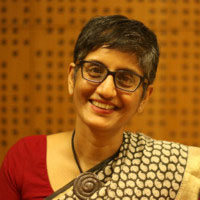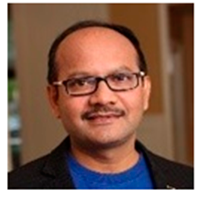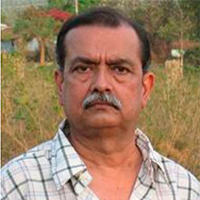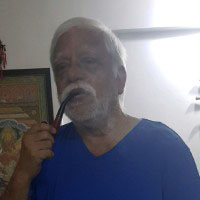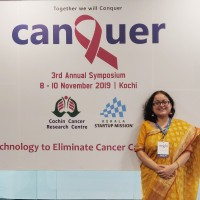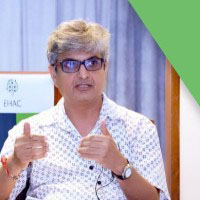
 Consultation on BCC and use of technology in primary healthcare
Consultation on BCC and use of technology in primary healthcare
The Consultation on behaviour change communication and use of technology in primary healthcare aimed was convened by the PHI on 2nd Feb 2020 to elicit discussions on innovations for strengthening different elements that contribute to strong and high-quality primary healthcare. The focus of the consultation was on upcoming strategies in behaviour change communication and social marketing for generating demand, context-specific ways of optimizing resources and improving efficiency in operations, and use of appropriate technology in primary healthcare to improve efficiency and effectiveness.

Behaviour change communication (BCC) has emerged as a key strategy for health promotion and improving health seeking behaviours. BCC uses targeted messages and tailored programs to promote positive, healthy behaviours. BCC evolved from the one-way Information Education and Communication (IEC) to encompass health communication as well as social and community mobilization. Historically and traditionally, the mobilisation was done through the cadre of community volunteers and hence the ASHA programme was launched and integrated within the public health system in India. Several not-for-profit organizations have made use of innovative individual centric BCC approaches to engage communities to take responsibility for their health. Research in BCC has provided evidence of strategies that have yielded positive health outcomes. The Consultation aimed at exploring innovative BCC strategies and social marketing practices to improve prompt and appropriate care seeking behaviours in rural areas. It also seeks to explore scope of research on effectiveness of these BCC and Social Marketing approaches in improving healthcare outcomes.
Several challenges exist in delivering quality care in difficult-to-reach areas, in terms of ensuring drug availability, smooth transfer of supplies, and optimal staffing of human resources, among other issues. For a strong primary healthcare, operations designed and streamlined to suit the context is critical. Operations management in healthcare implies streamlining processes of staffing, supplies, distribution and delivery of care in an optimal, cost and resource-effective way, and de-medicalisation of services for overall improvement of efficiency in service delivery.
Provision of high-quality primary healthcare in the rural area poses a challenge due to the nonavailability of qualified and specialized physicians. Innovations in technology can address this challenge in access and enable providers to deliver high quality care remotely. Technology can also enable better diagnostics and caregiving. However, many times, the technology available in the market does not meet the needs of the practitioners on the ground.
This Consultation explored ways in which organisations have solved and researchers have studied the current challenges in operations in primary healthcare delivery in rural areas. It explored innovative technologies that have been successfully implemented in similar areas and have been effective in improving health outcomes.
Experts:
Dr. Neela A Saldanha
Behavioural Change Scientist, consultant and Board Member | Poverty Alleviation, Charitable Giving, Dignity
